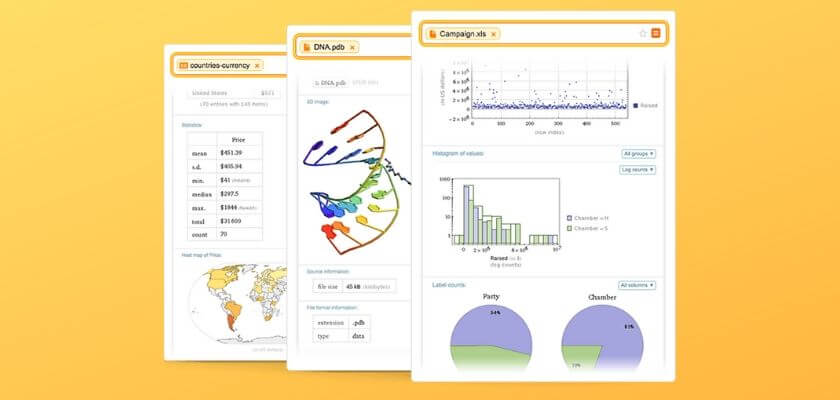Released in 2009, and created by Stephen Wolfram, Wolfram Alpha turned 10 this week. Stephen Wolfram is a British-American computer scientist, physicist, and businessman. Known for his extensive work in computer science, he is the creator of software that became a staple among universities and corporations.
Wolfram is founder and CEO of Wolfram Research where he designed Mathematica – a computational toolkit encompassing algebra, computation, and statistics, Wolfram Language, and the Wolfram Alpha answer engine.
Wolfram Alpha (also styled Wolfram|Alpha) is a one-of-a-kind computational knowledge engine capable of answering factual queries by computing the answer from externally-sourced, highly-curated data, rather than providing a list of web pages that might contain the answer as search engines do.
Alpha is written in 15 million lines of Wolfram Language code. Its database includes hundreds of datasets – for example, “All Current and Historical Weather”. The datasets have been accumulated over several years and are individually checked by scientists or experts in a relevant field. Stephen Wolfram explained on his blog:
“It was a unique and surprising achievement when it first arrived, and over its first decade it’s become ever stronger and more unique. It’s found its way into more and more of the fabric of the computational world, both realizing some of the long-term aspirations of artificial intelligence, and defining new directions for what one can expect to be possible. Oh, and by now, a significant fraction of a billion people have used it. And we’ve been able to keep it private and independent, and its main website has stayed free and without external advertising.”
Wolfram also talked about the way in which changes in AI and smart speaker technology have changed the way in which people access data from Wolfram Alpha. Wolfram|Alpha has been used to power searches in the Microsoft Bing and DuckDuckGo search engines. It is queried by Siri, Alexa, S Voice, and Dexetra’s Iris for factual question answering. It is also featured as a default search engine since the Brave browser debut in 2017.
“As the years have gone by, Wolfram Alpha has found its way into intelligent assistants like Siri, and now also Alexa. […] Inventors have used it to figure out what might be possible. Leaders and policymakers have used it to make decisions. Professionals have used it to do their jobs every day. People around the world have used it to satisfy their curiosity about all sorts of peculiar things. And countless students have used it to solve problems, and learn.”
On its 10-year anniversary, Wolfram said “It’s tremendously satisfying to have been able to create what I think will be a defining intellectual edifice in the long history of systematic knowledge. It’s been a good first decade for Wolfram|Alpha.”













